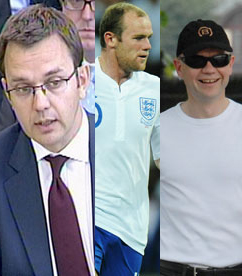 Updated | Recent weeks have seen some interesting developments in the debate over freedom of expression of the press.
Updated | Recent weeks have seen some interesting developments in the debate over freedom of expression of the press.
Last week saw a decision of Grand Chamber of the European Court of Human Rights in Sanoma Uitgevers B.V. v. the Netherlands. The case related to the protection of journalistic sources, and has been described as a “victory for press freedom”.
The court held that an order for the compulsory surrender of journalistic material which contained information capable of identifying journalistic sources requires legal procedural safeguards commensurate with the importance of the principle at stake. The Dutch prosecutors in the case, which had ordered the production of a CD-ROM containing potentially incriminating photographs of participants in an illegal race, had therefore breached Article 10 (freedom of expression).


